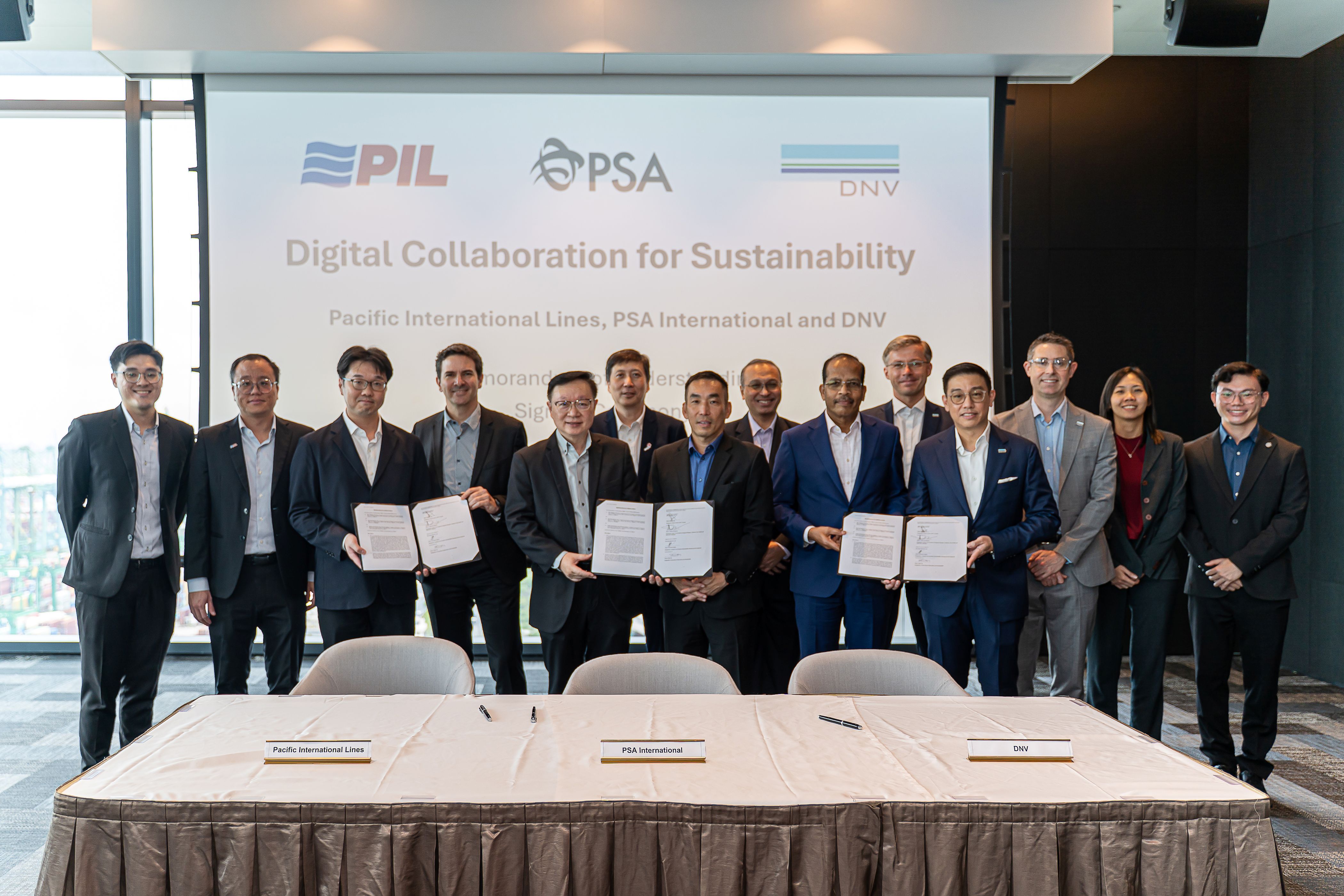UK-headquartered energy giant Shell has highlighted five trends in its energy sector outlook for 2023 observed through the prism of energy security, economics and transition to low-carbon sources.
As we enter 2023, it is important that we continue to remain flexible to adapt to changing world markets and (geopolitical) dynamics. The world has a growing need of energy and an urgency to limit global warming.
As we enter 2023 and learned even more from 2022, it is important that we continue to remain flexible to adapt to changing world markets and (geopolitical) dynamics. The world has a growing need of energy and an urgency to limit global warming – all means needed to strive through with current core products in a more sustained way as well as thriving into the future energy transition, while delivering energy sources to all people worldwide.
The energy transition is not something that stands on its own. It is in a natural balance with energy security and economics. Yet, it is a global imperative that the energy transition is already successful, and to achieve the Paris Agreement goals of limiting global warming to 1.5 degrees this century, we must collaborate to accelerate. In our collaboration, we must ensure that we are clear about how energy security, energy economics and the energy transition are brought together.
Within the context of those three elements, these are the trends that I see as most impactful in the energy sector in 2023.
Trend 1: Impact of inflationary pressures resulting in the high supply chain cost environment
We must prepare to continue working in a tough and severe environment. At Shell Catalysts & Technologies, we take the long view in business, and have carefully evaluated the current market dynamics and global economic challenges.
We see how the industry will remain exposed to the challenges of higher energy prices, higher raw material costs and logistics shortages. These market dynamics will continue to impact the business and prices of catalyst products well into 2023.
Now, things are slowly and steadily improving on logistics, and though hard to predict the energy prices should come down with a changing supply/demand balance. There will be an equilibrium in energy usage in many regions. We are already seeing consumers and industries reducing their energy demand by lower consumption, optimisation and transformation.
It is expected that the wave of traditional investments, travel and consumer buying hype that we had seen coming out of Covid, will be slowing down with high inflations.
It is however great to see that the world focus and moves more and more into the energy transition where investments will continue to be high in the coming decade(s) to make a material difference to climate.
Trend 2: Resilience in the context of geopolitical pressures
We are seeing trends all over the world where countries are moving away from being highly dependent on imports and exports. Many governments want companies to not only have a presence in the country they are headquartered, but also to have their assets there. Through the challenges we have experienced during the past period with Covid-19 and the Russia-Ukraine war, people increasingly focus on more local products and businesses with a shorter and secured supply chain.
At Shell Catalysts & Technologies, we have invested tremendously in the security of our full value chain to continue to supply our customers in time. We have put processes and supplies in place that aid us in resiliency through peaks and troughs.
Our global footprint helps us to be more resilient through local and geopolitical tensions. We are present in various countries, either through Shell Catalysts & Technologies or with other Shell business lines. It is important to have local employees across countries who speak the language to retain relationships and resiliency through changing geopolitical dynamics.
Trend 3: Innovation in decarbonisation solutions to achieve net-zero ambitions
The varied pace of change inhibits advancement towards Paris Agreement goals. In response, we have great potential in our joint value chains to accelerate progress toward net-zero ambitions. Additionally, there is a growing need to diversify energy sources and engage in the circular economy.
Shell is powering progress in the energy transition and is a leader in the broader industry and cross-sectoral conversations. The company has been at the forefront of investing in new energy sources. Some of the most recent examples include: utilising hydrogen and CO2 to produce liquid fuels and treating and processing biowaste into renewable fuels. Additionally,
Shell, KLM and the Dutch Ministry provided sustainable aviation fuel for a February 2021 passenger flight from Schiphol to Madrid. A leg of the flight was completed using synthetic kerosene. Pilot projects such as this help develop the technology for future use.
On top of this, Shell – along with a growing number of industry partners – are looking to decarbonise. What this means is that in the 20-30 years to come, we will still need oil and gas. There are not sufficient alternative sources that can supply the energy required for a growing population of 8 to 10 billion by 2050.
To meet these demands for more and cleaner energy, there are multiple solutions for refineries to maximise the value out of the barrel, increase energy efficiencies in production (yields), lower emission levels and increasingly recycle material, waste and used products back to plastics, lubricants or base oils to support the circular economy. Shell Catalyst & Technologies provide the technologies, catalysts and solutions in all those areas to enable those.
We are helping our internal and external customers and working closely with many partners to move from today’s world into a more sustainable world by achieving net zero in assets, products and our value chains. We have multiple solutions to leverage in processing, but also in decarbonization, such as Shell Cansolv CO2 Capture Technology to capture, store and utilise the CO2 that is emitted from different assets. Along with decarbonising existing assets, we must continue to advance the availability and affordability of different energy sources to reach our energy transition ambitions.
Trend 4: Innovation in core refining and petrochemical businesses
The key to leveraging core business assets in the current climate is to build upon existing technologies for an evolved purpose. The R&D team at Shell Catalysts & Technologies has continued to push the boundaries of technologies over many years to achieve a variety of new energy goals: to treat special streams and waste, to make our assets more efficient and to ensure that we make products with lower carbon intensity.
The advanced technologies developed by the R&D team supports Shell’s target to become a net-zero emissions energy business by 2050. The breakthroughs from the lab and testing sites are now being realised at scale at the
Shell Energy and Chemicals Park Rotterdam, the Netherlands, where facilities once used to process crude oil are now being transformed to process low-carbon fuels from industrial and agricultural waste. At the Shell Energy and Chemicals Park Rheinland, Germany, existing facilities are being repurposed to chemically recycle lubricants for reuse.
We are focused on building a variety of units in our selected sites to ensure we are powering progress and have actionable proof points and build on those. From these initial on-site technology learnings, we can then more efficiently scale them for wider use.
We also bring our learnings and innovations to external customers seeking to decarbonise. For example, we collaborate with customers to build upon existing refinery assets to produce oil into chemicals, which can then be used to make more sustainable products. Another great example is the co-process renewable feedstocks in their same core units to reduce emissions.
Trend 5: Collaborate to Accelerate energy transition progress
If we as a planet want to limit global warming to 1.5 degrees by 2050, we have to work very closely together. We can only be successful if we collaborate to accelerate. We all know that we must accelerate to reach Paris Agreement goals.
Shell has been absolutely focused in the early stages of progress, but it is not only Shell and the industry that must drive change: it also requires communities, governments and countries to work together.
As a company we want to provide access of energy to all people over the world. Shell Catalysts & Technologies is working closely with many parties in the value chain to powering and transforming energy together. We do bring our great expertise, technical solutions and track record of high-quality delivery over decades. It is in our veins. It is important for us to focus on those solutions needed at our customers to produce safe, sustainably and competitively and thrive in the energy transition.
In addition, the firm made a gas discovery in an exploration well in the North Sea, which was spudded using a Noble-owned rig.
Source: Shell Global

 Baltic Exchange launches new Fuel Equivalence Conve
Baltic Exchange launches new Fuel Equivalence Conve  21 Consecutive Years of QUALSHIP 21 Recognition for
21 Consecutive Years of QUALSHIP 21 Recognition for  MPA and Wärtsilä Renew Partnership to Drive Marit
MPA and Wärtsilä Renew Partnership to Drive Marit  MPA and Dalian Maritime University Renew Partnershi
MPA and Dalian Maritime University Renew Partnershi  PSA INTERNATIONAL, DNV AND PACIFIC INTERNATIONAL LI
PSA INTERNATIONAL, DNV AND PACIFIC INTERNATIONAL LI  INTERCARGO Reaffirms Call for Simplicity as IMO Cli
INTERCARGO Reaffirms Call for Simplicity as IMO Cli